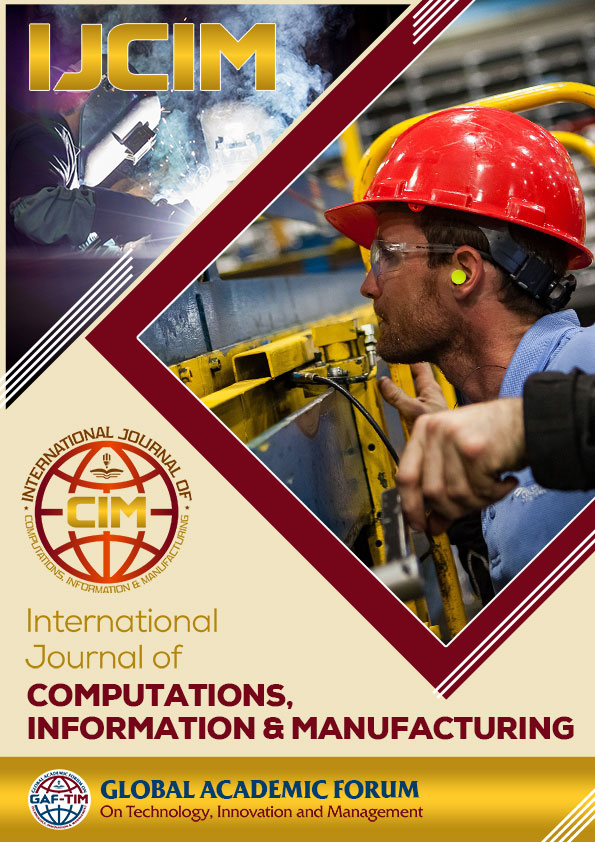Assessment of Smart Home Assistants as an IoT
DOI:
https://doi.org/10.54489/ijcim.v1i1.34Keywords:
Internet of Things, Smart Home Personal Assistants, Natural Language ProcessorsAbstract
A smart home personal assistant technology is an intrinsic system, which incorporates many elements such as users, Smart Home Personal Assistants (SPA) devices, cloud, skill provider and other responsive devices. Even though Smart Home Personal Assistants give a robust security and privacy options, the devices face many weaknesses, which make the system vulnerable and can be comprised by adversaries, who can capitalize on limitations to gain access to delicate information and privacy of users. In this research, the aim is to assess how invention and innovation of security and SPA can be harnessed by users to interrelate with the system. Subsequently, this write-up will address both the problems related to the system and attempt to bring in solutions, which makes the technology more adaptable and versatile to all users. Initial studies show that some of the weakness underlying the technology include the open-nature of the voice channel, complexity of the architecture, software implications, and the utility of the technology to less proficient users. As a result, the study anticipates at solving the voice squatting attack, using the SPA intelligent assistant, incorporating a filer to filter the ultrasonic attack and noise as well as trying to assess the efficacy of the elements developed against the voice squatting attacks. The study found out that there is a need to mitigate the attacks on the blockchain technology and Natural Language Processors (NLP) to assure protection of SPA from attacks.











